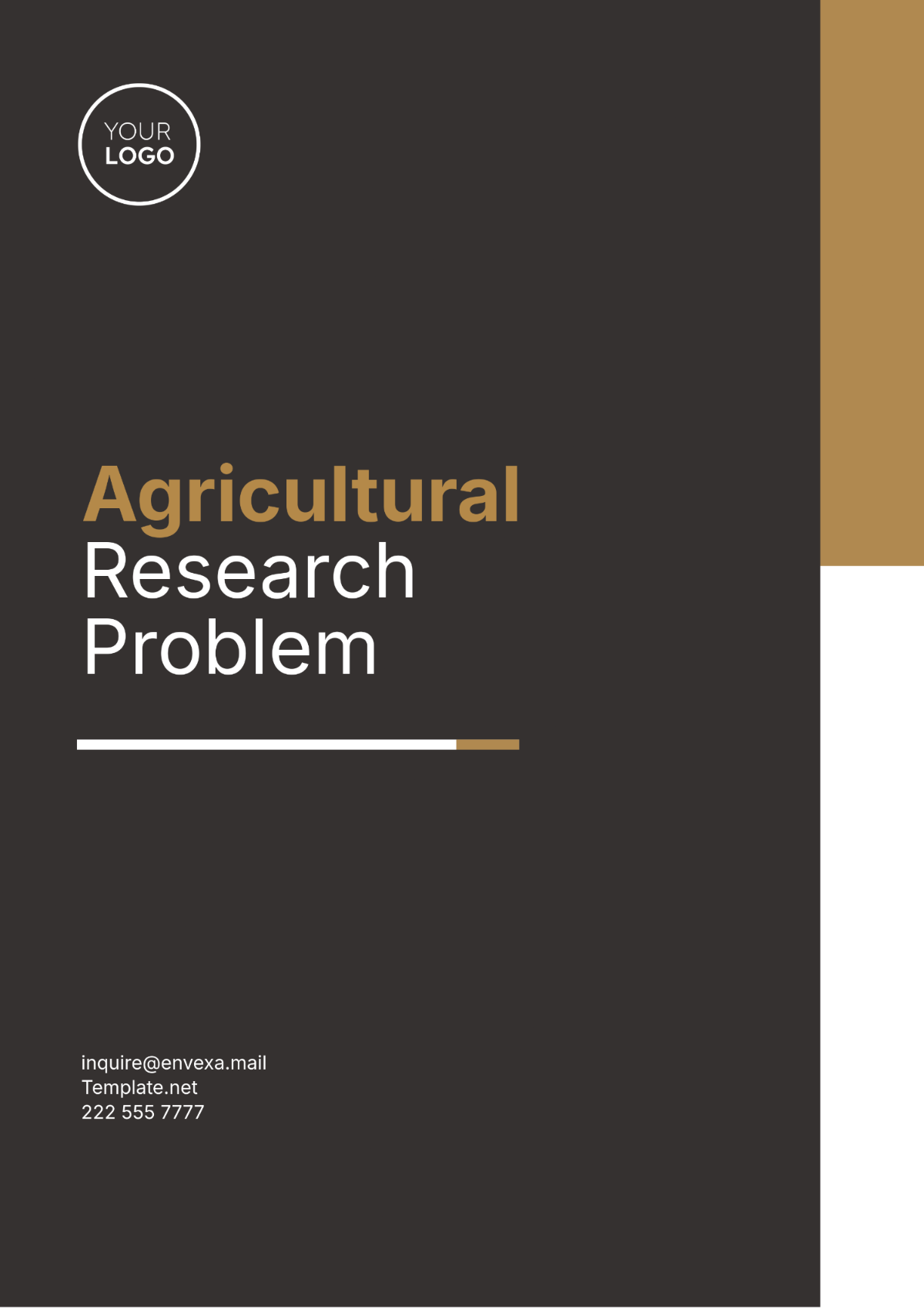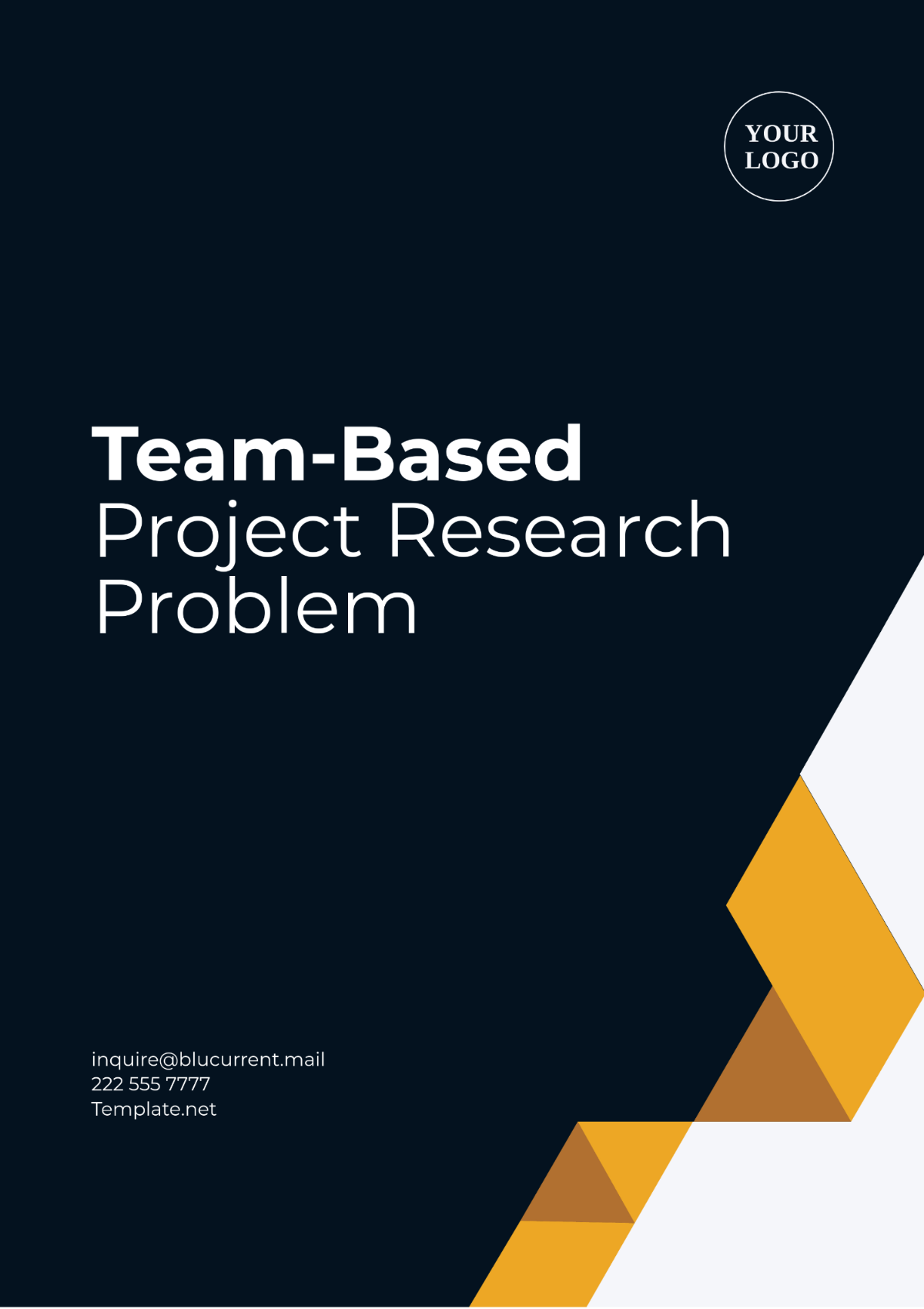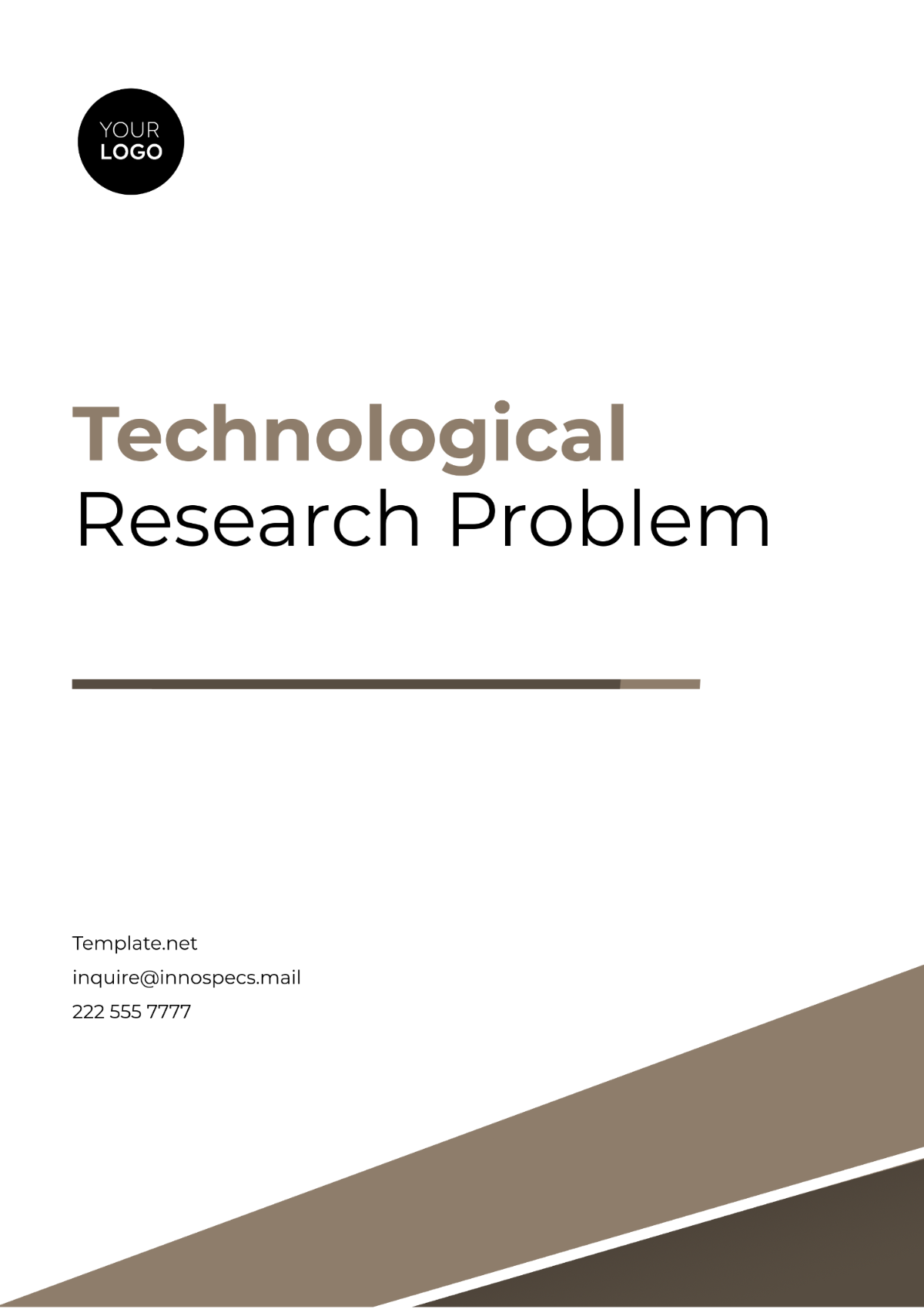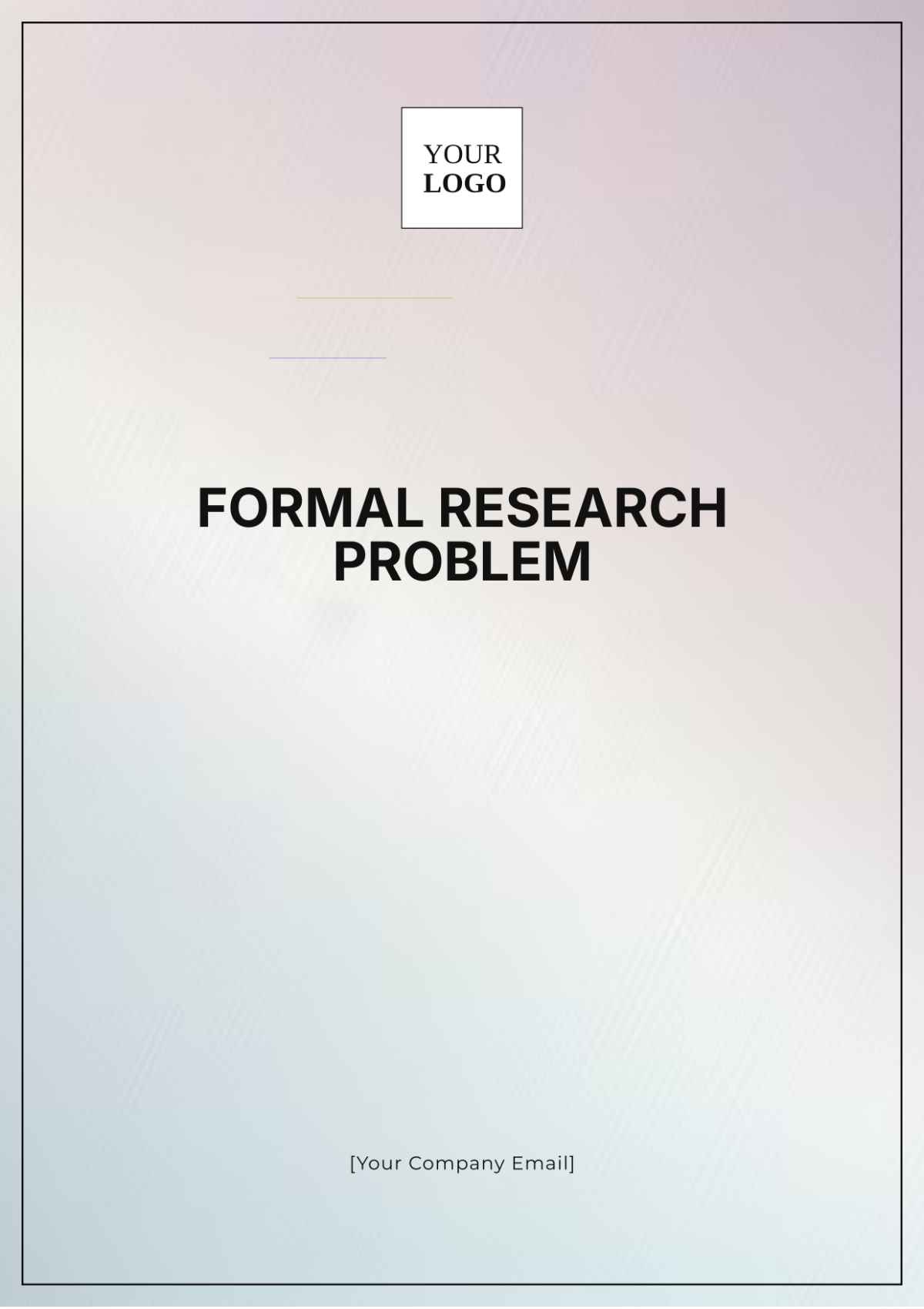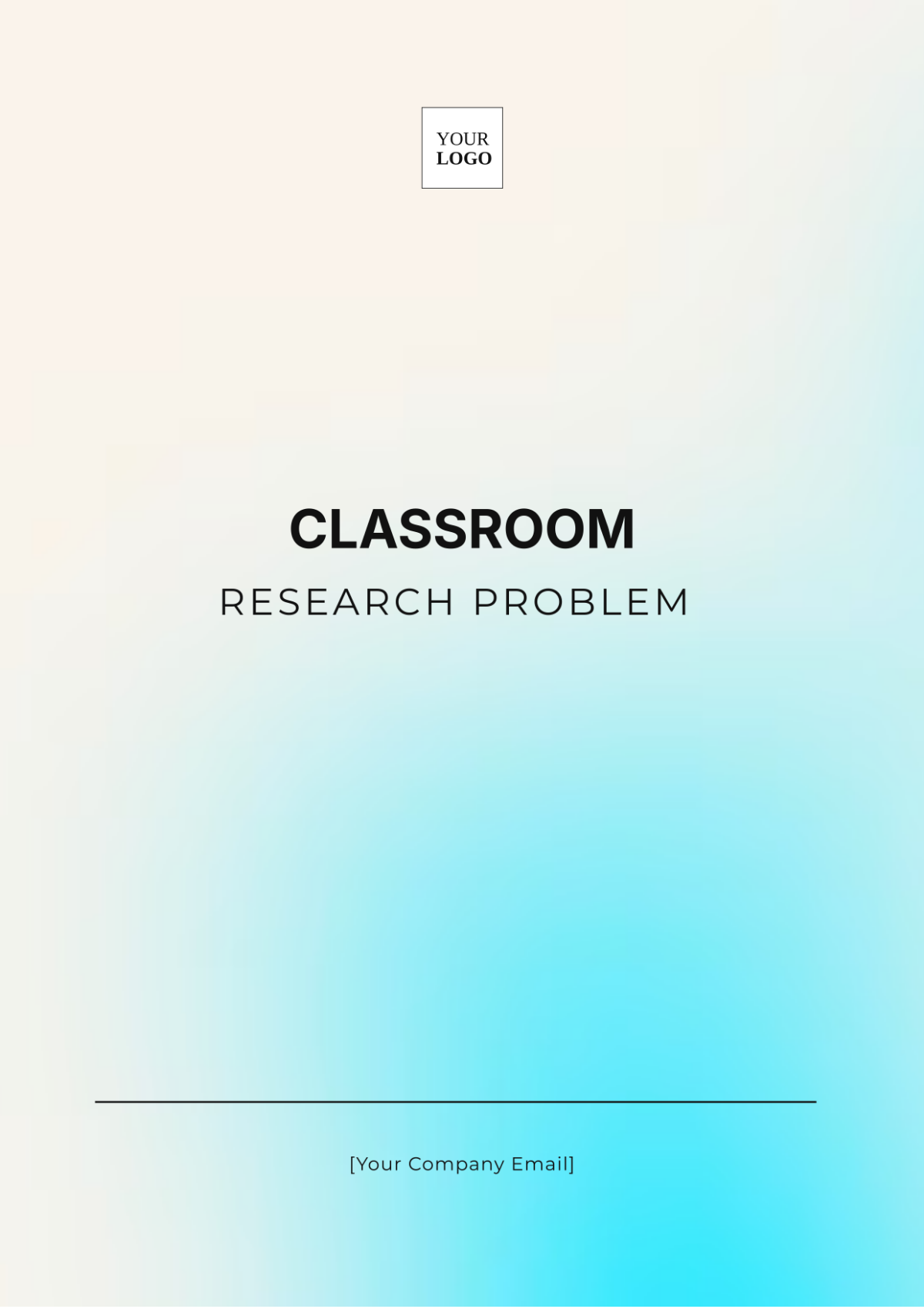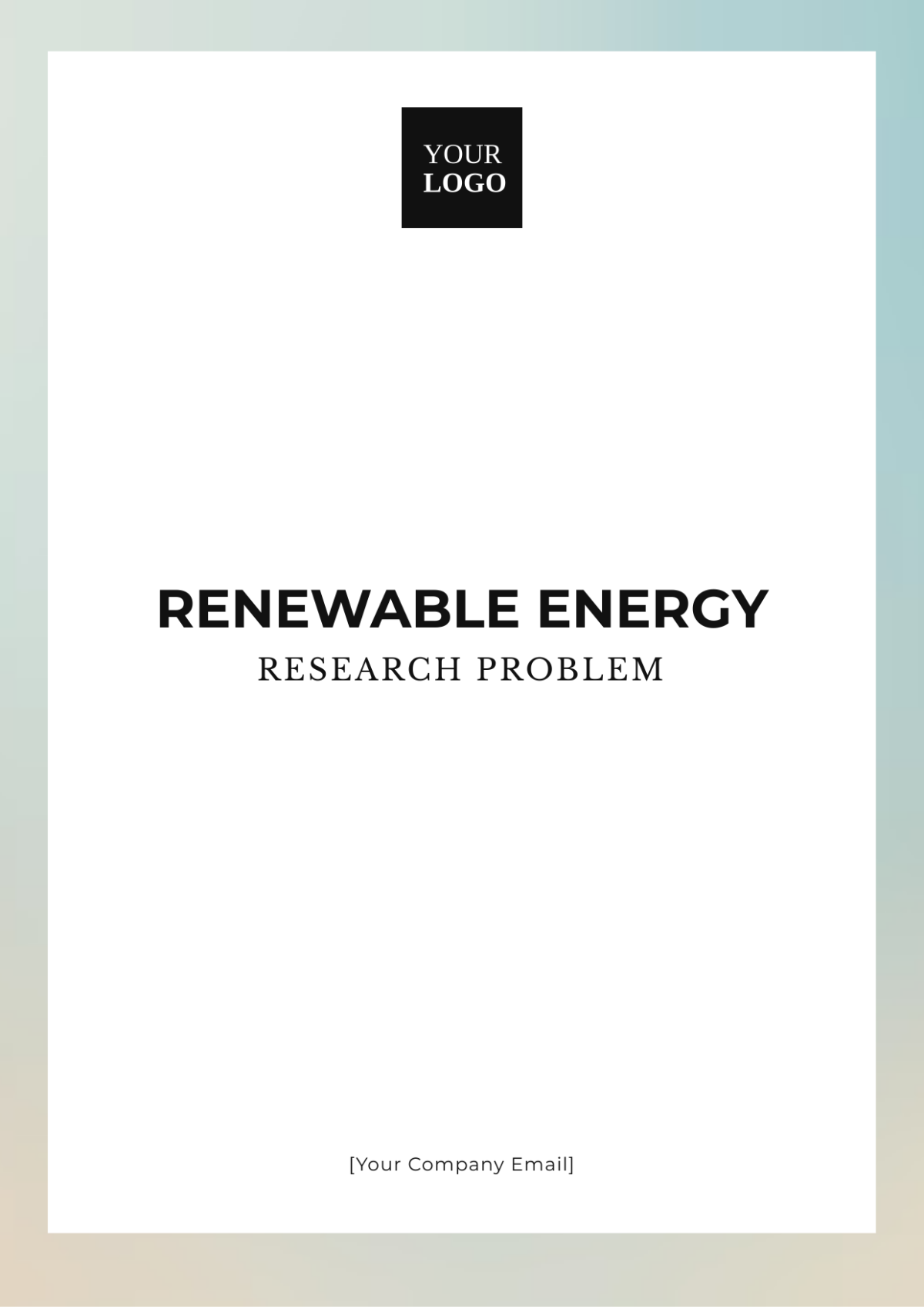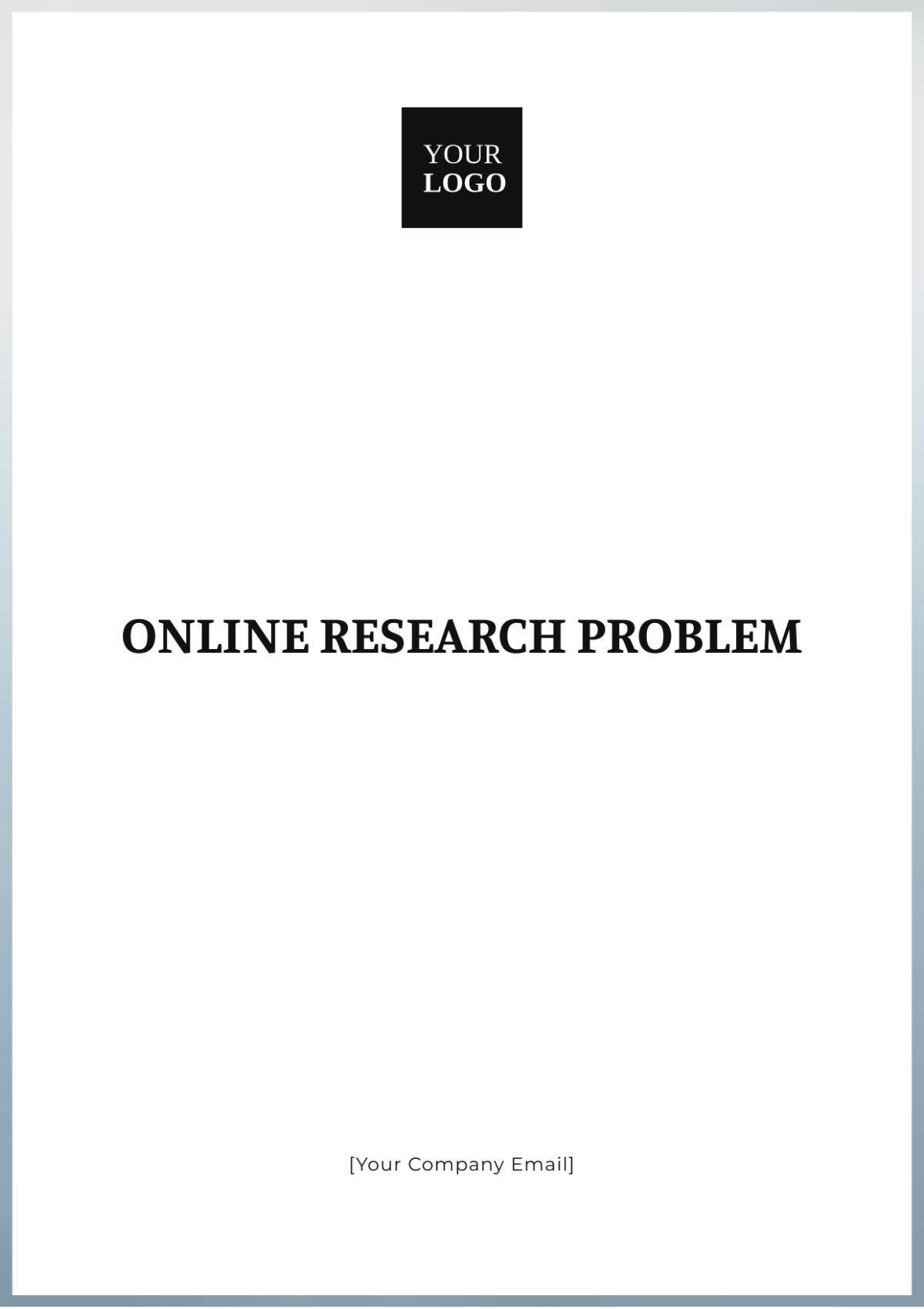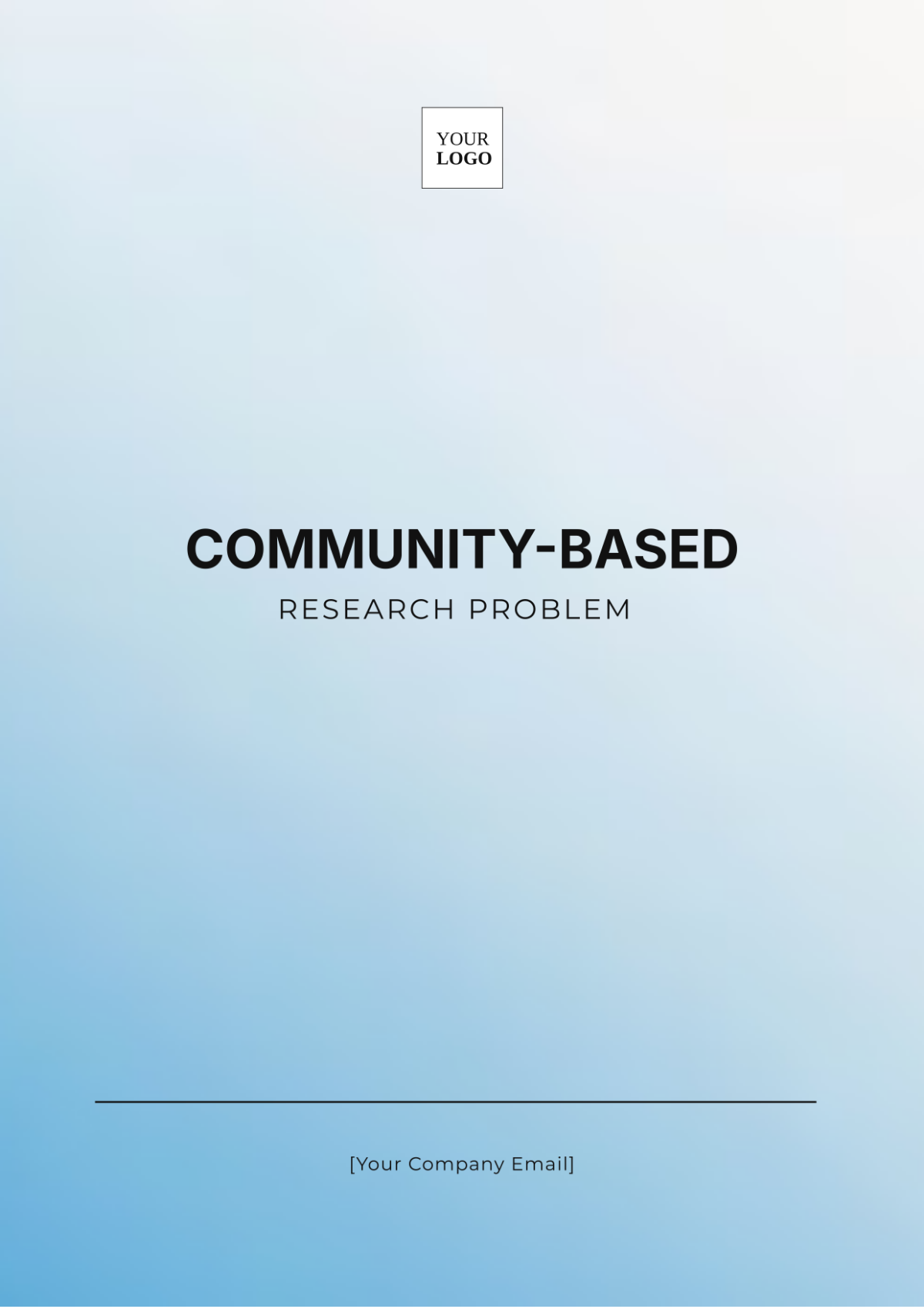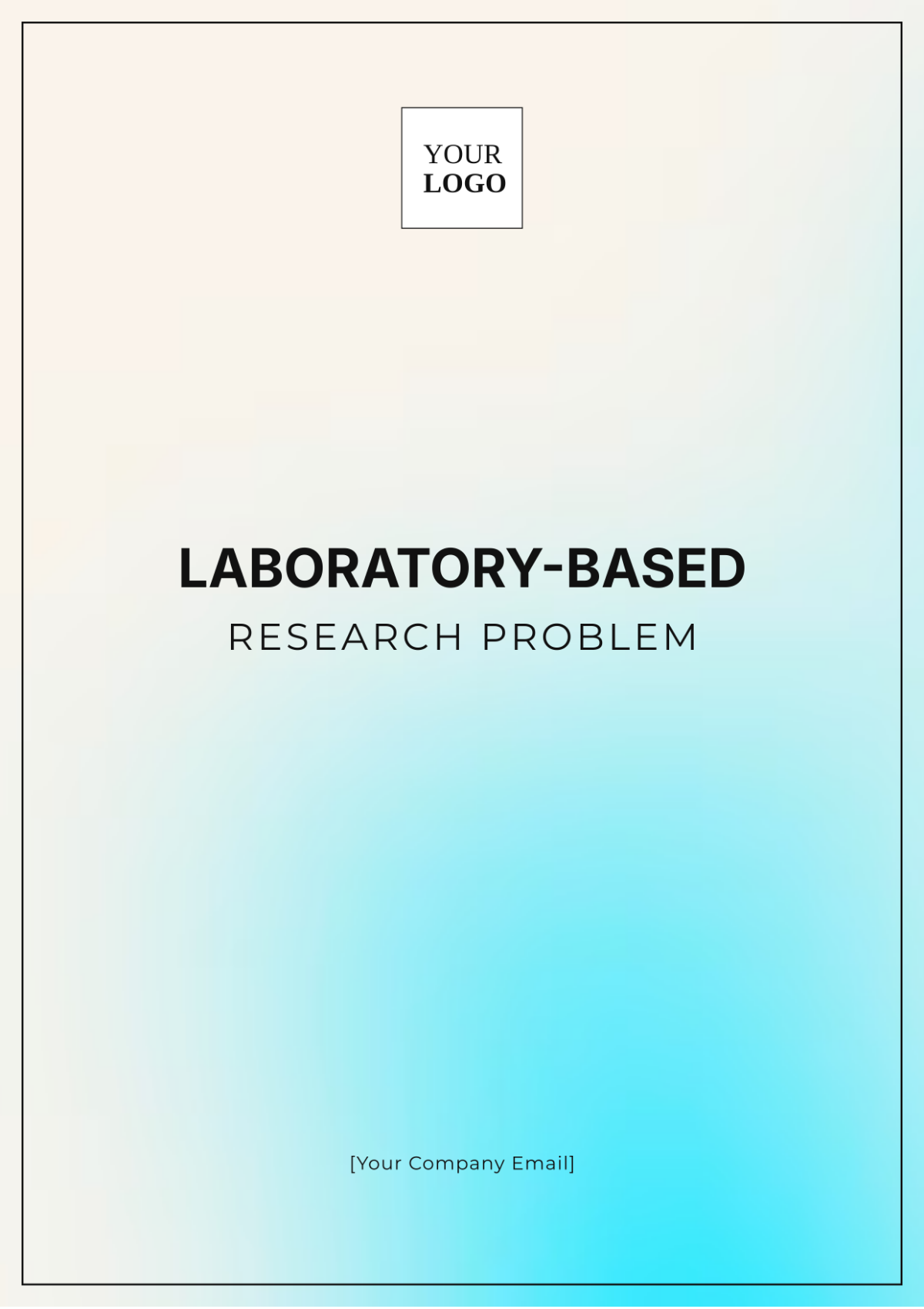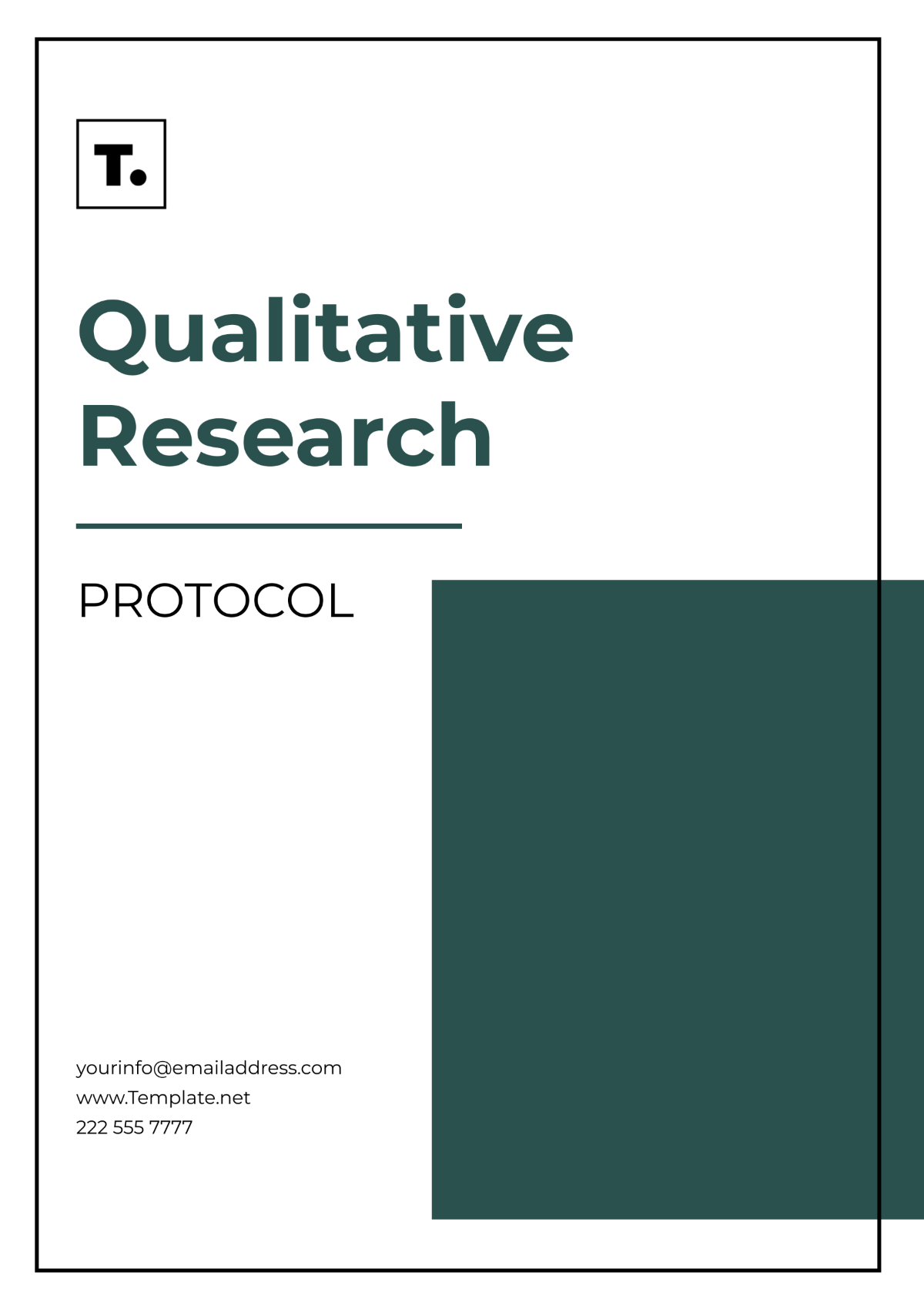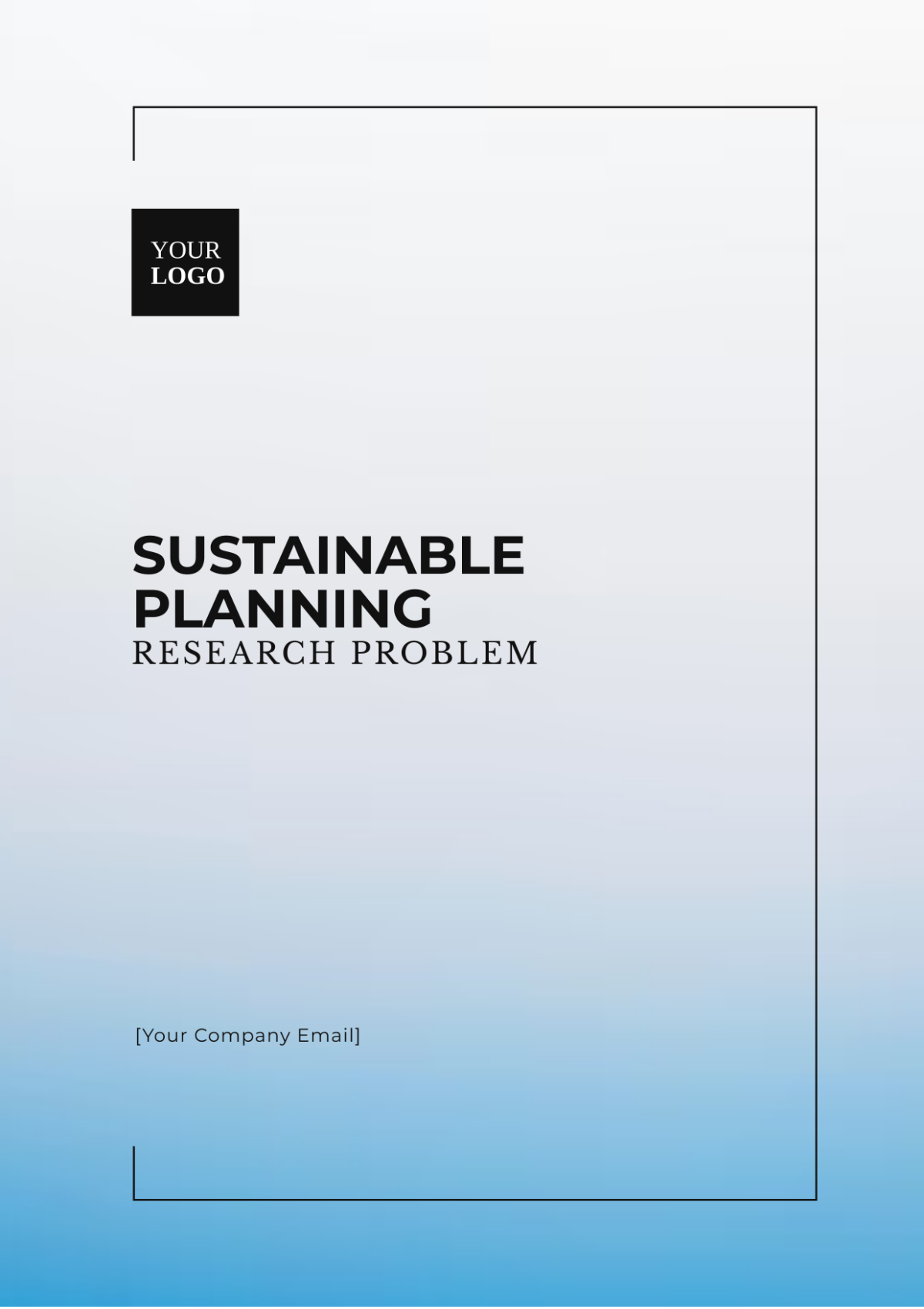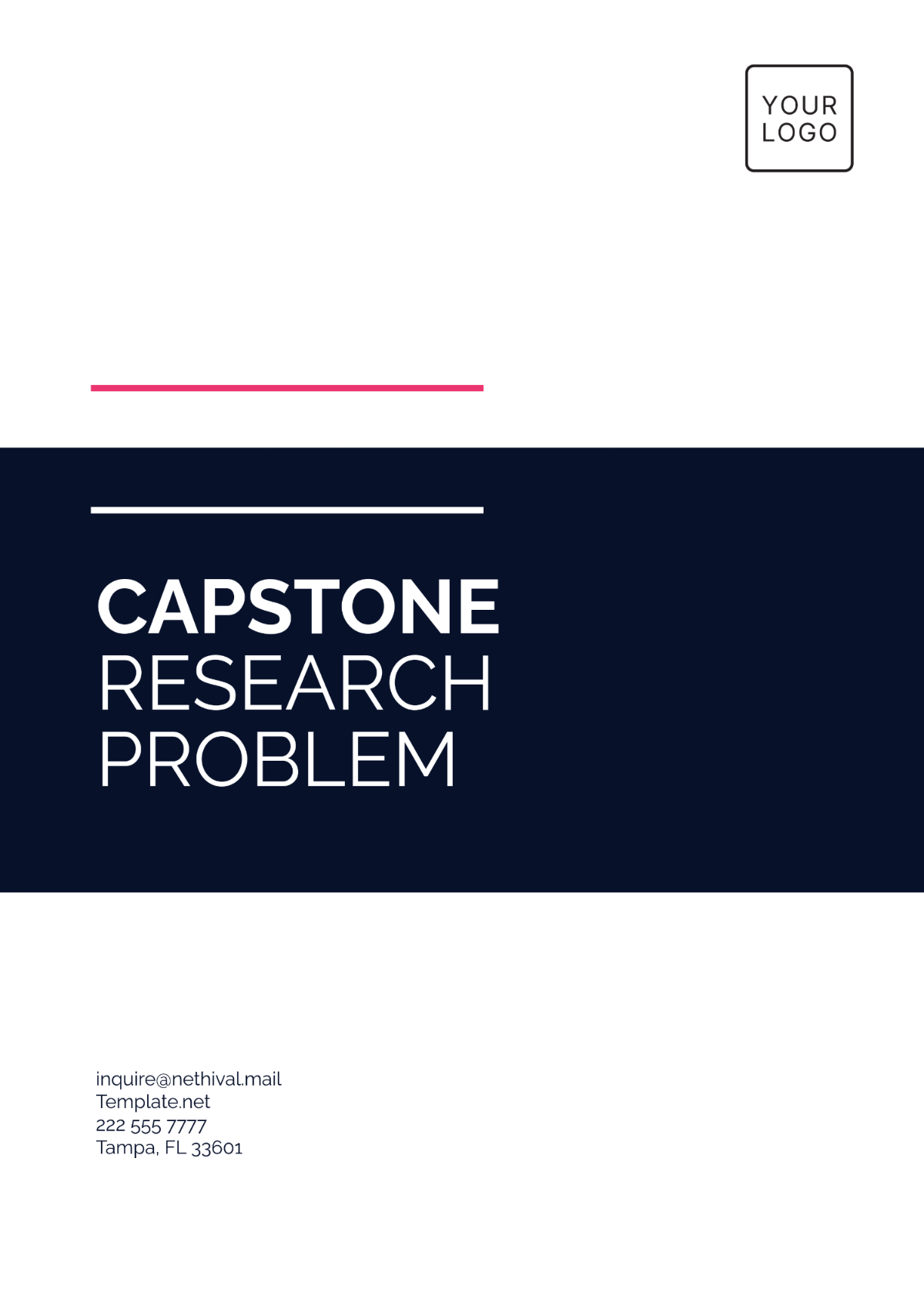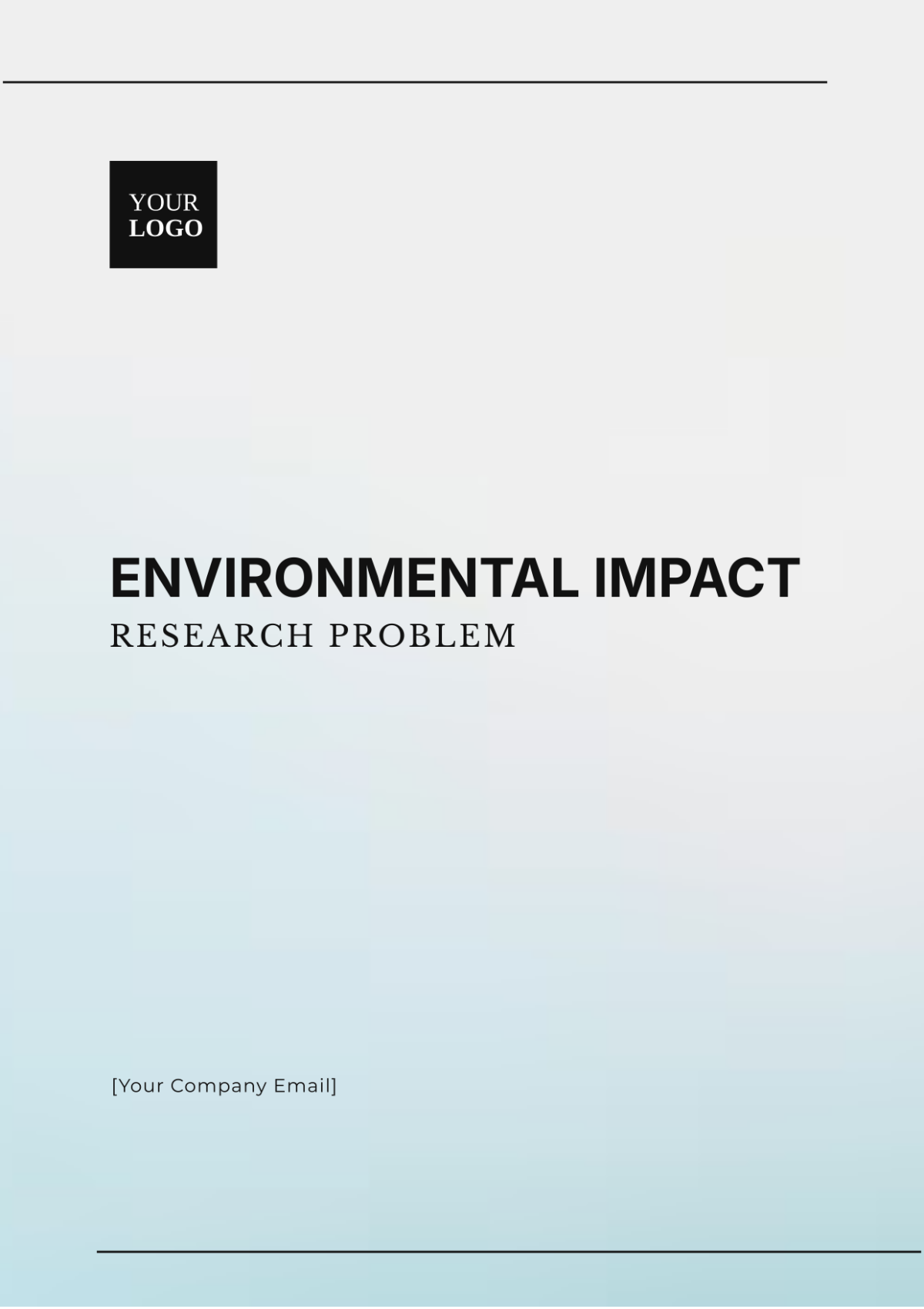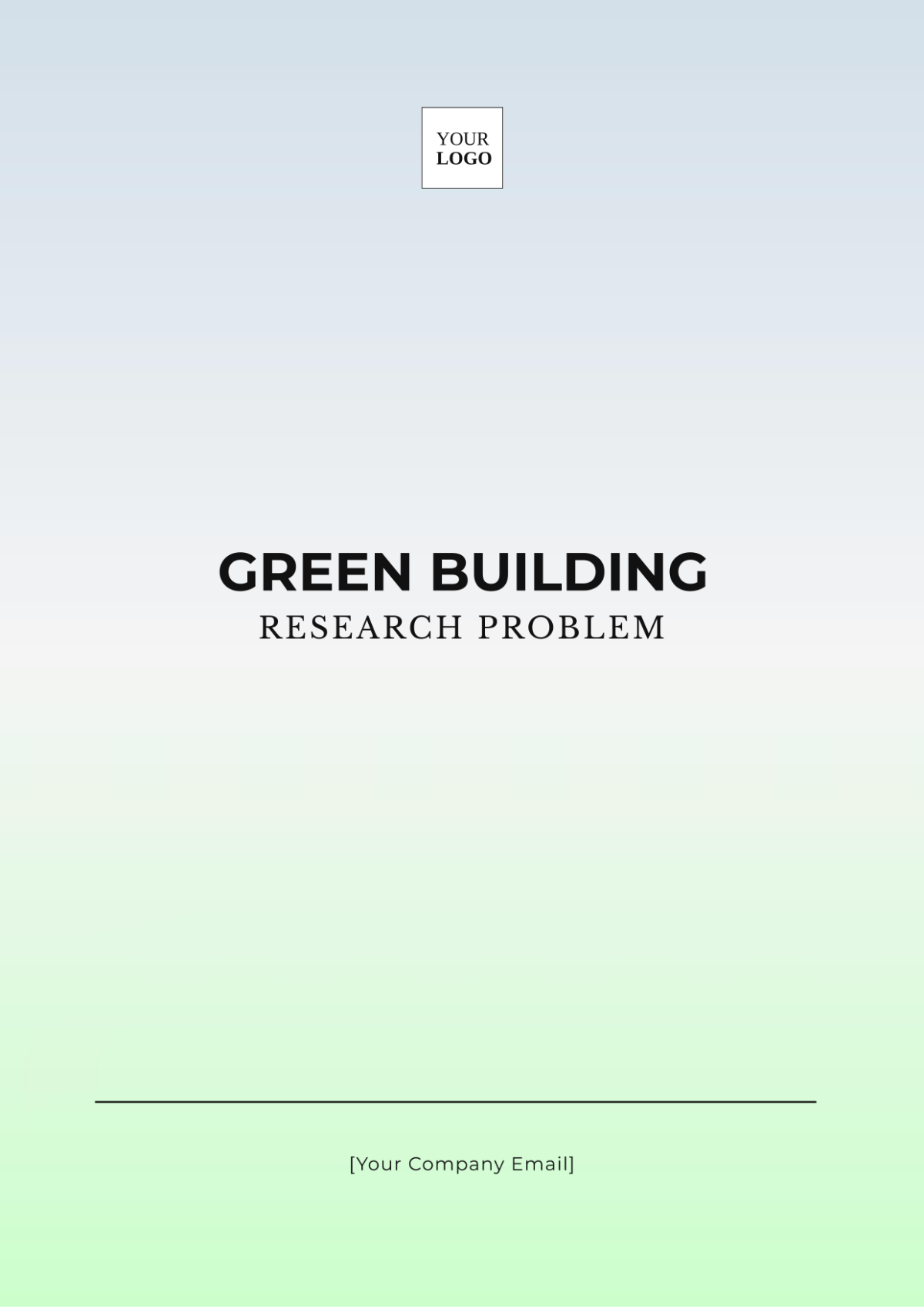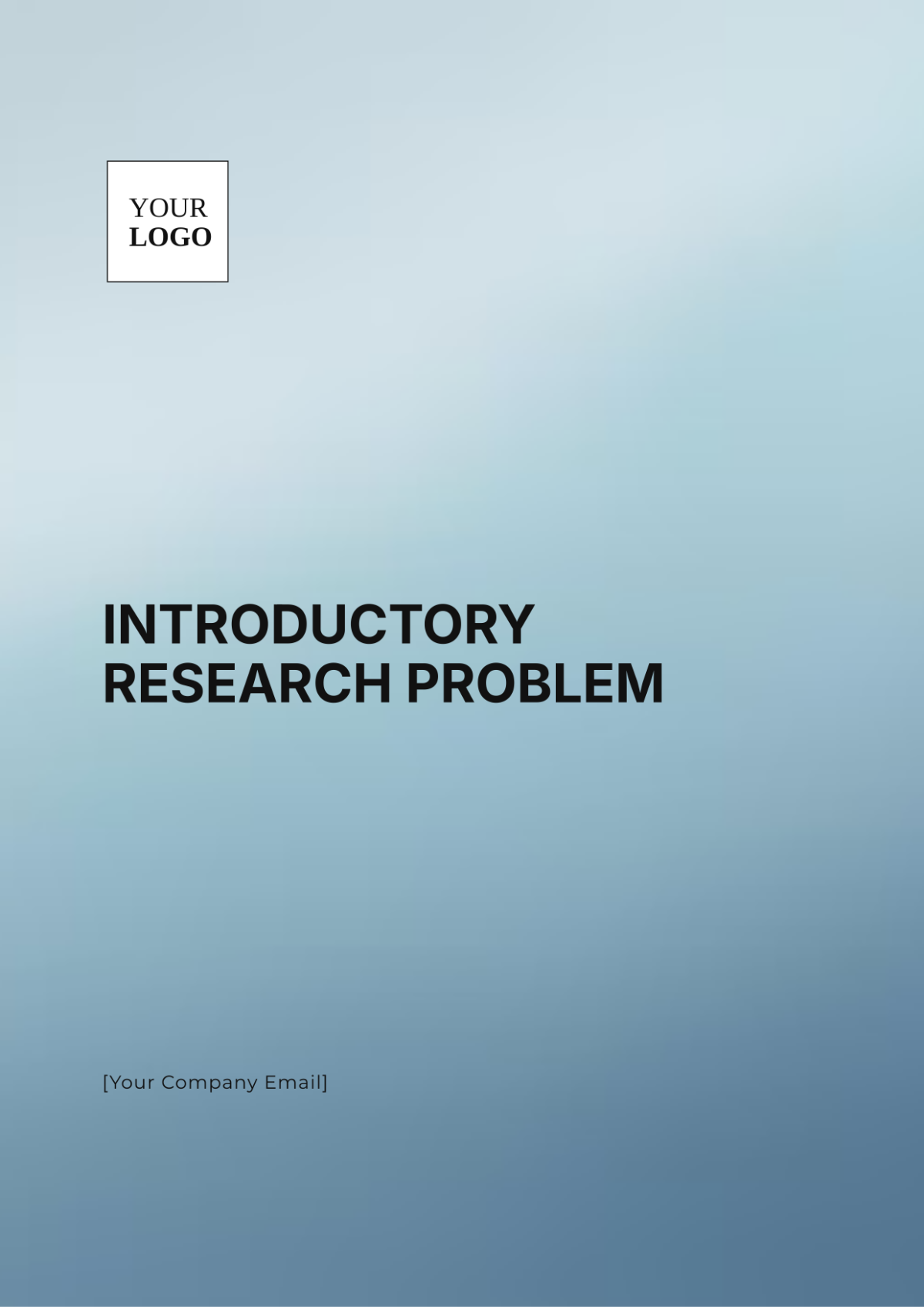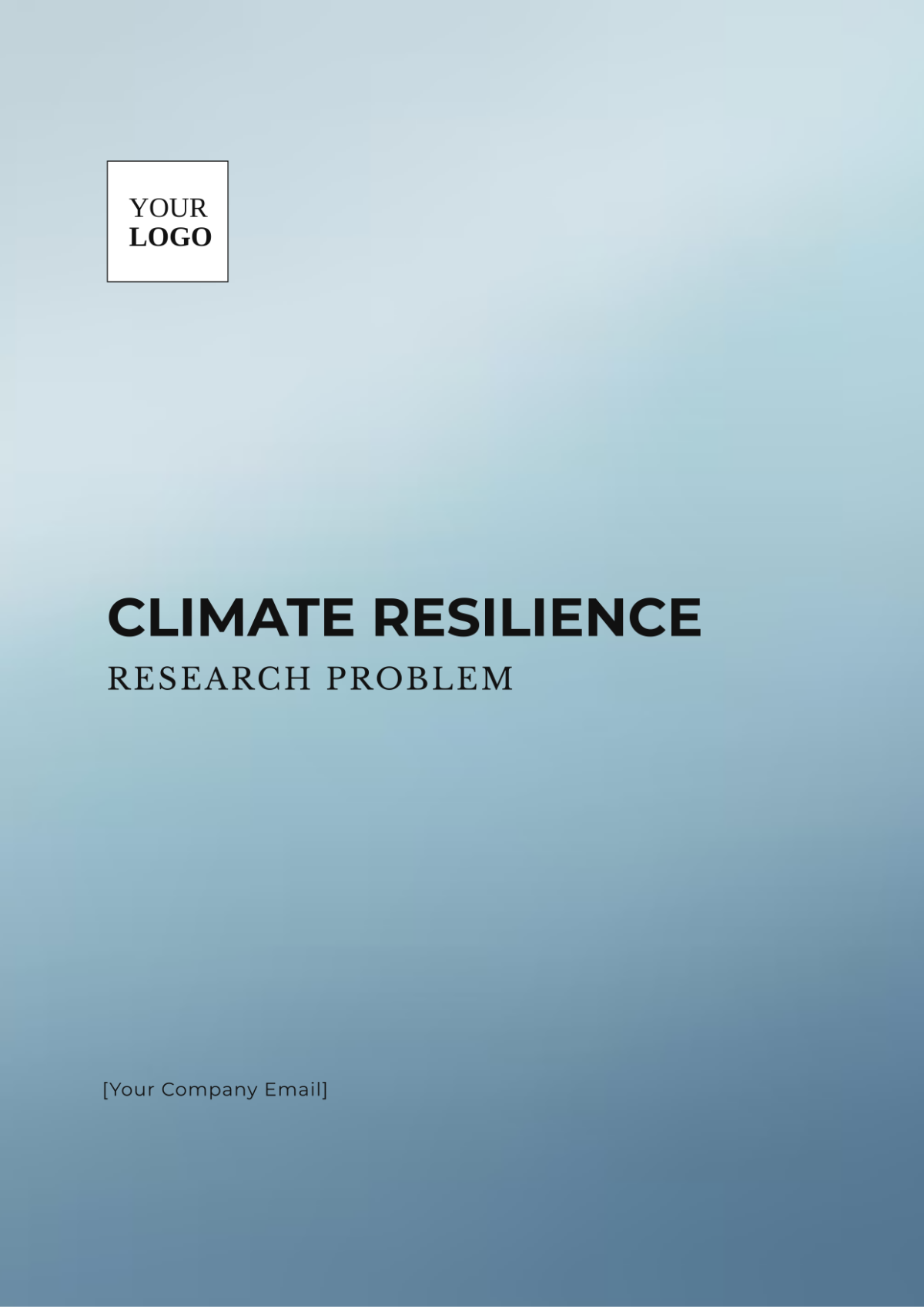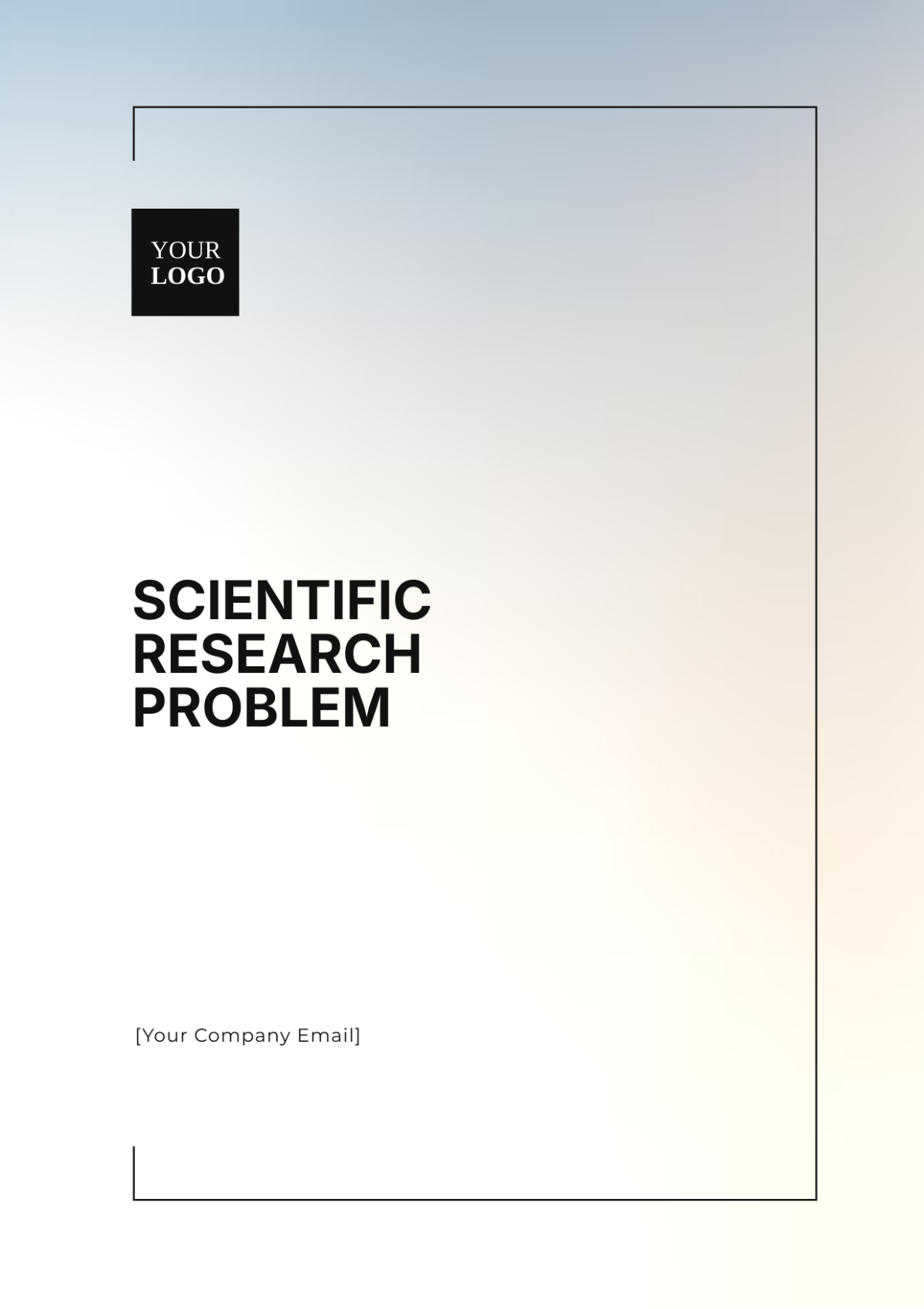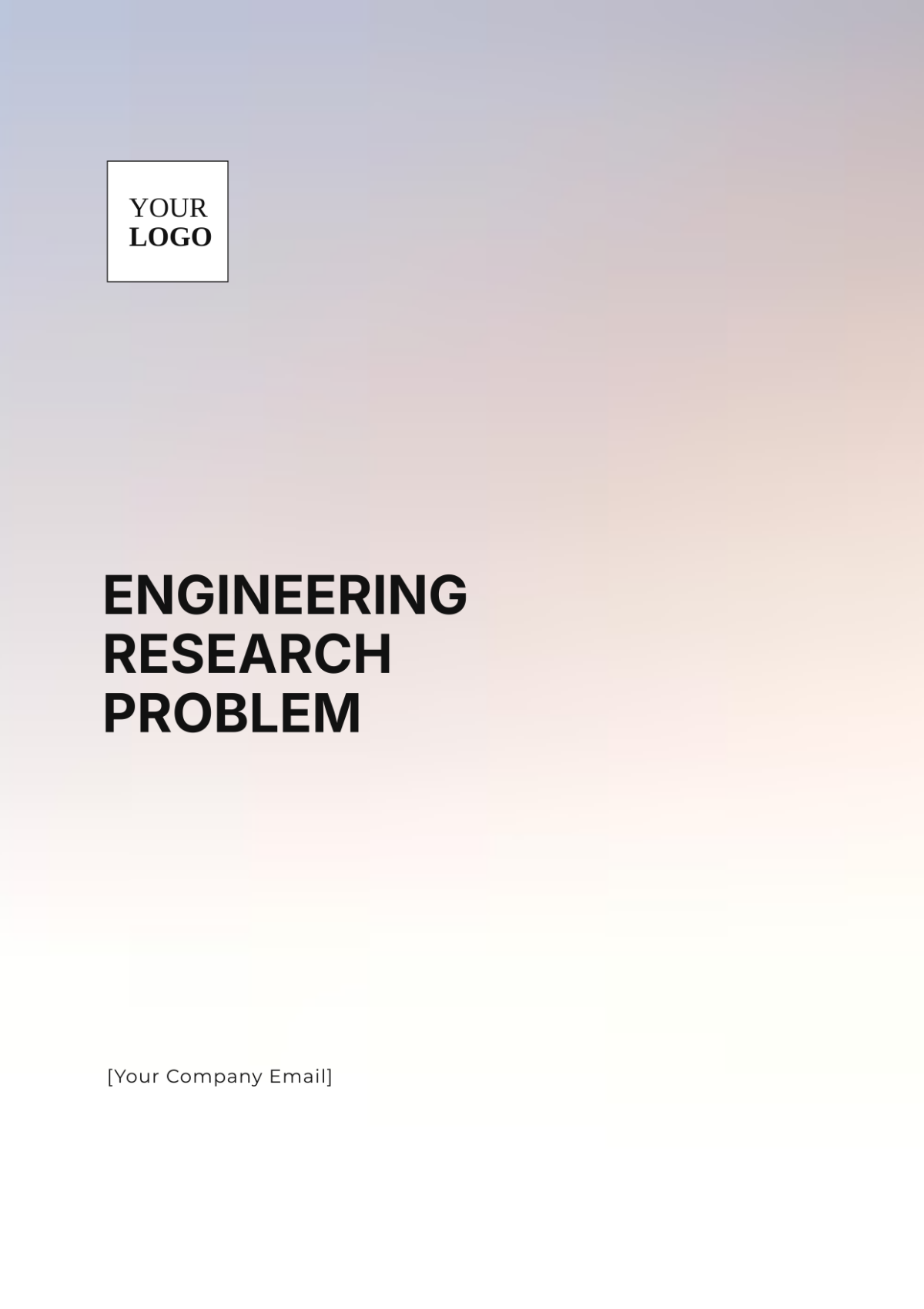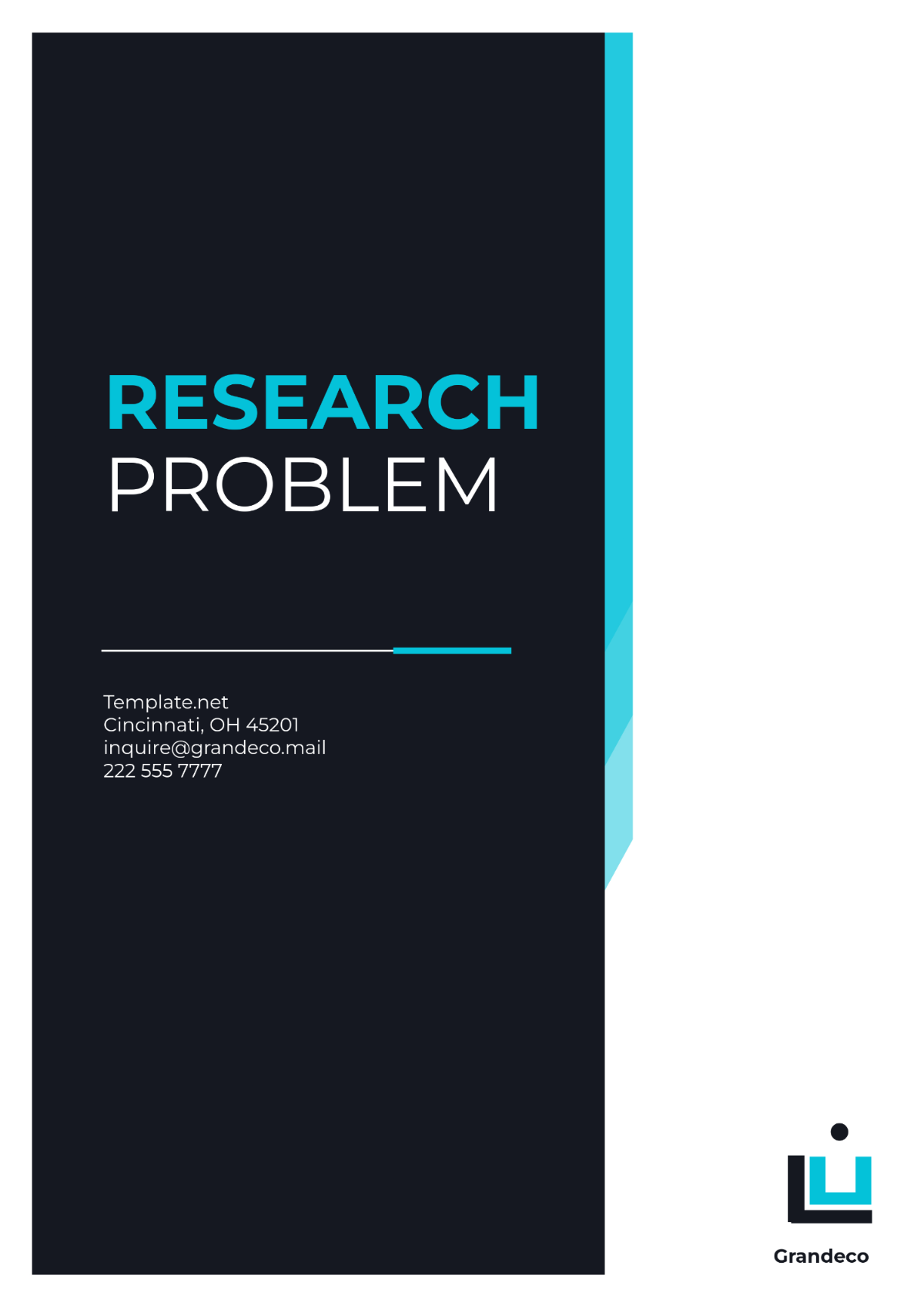Academic Conduct Research
I. Introduction
Academic conduct encompasses the principles, behaviors, and policies that guide the integrity and ethical standards within academic environments. As educational institutions continue to evolve, maintaining high standards of academic conduct remains critical to ensuring fair and equitable educational practices.
This research provides a comprehensive overview of academic conduct policies and their implications for students and faculty, including emerging trends, enforcement mechanisms, and case studies.
II. Background and Importance
Academic conduct refers to the adherence to ethical principles in research, writing, and examination processes. Its importance lies in maintaining trust, fairness, and academic integrity within educational institutions.
With the growing complexity of educational technologies and methodologies, understanding and upholding academic conduct standards are more crucial than ever.
Key Aspects:
Definition of Academic Conduct: Adherence to ethical standards in research, writing, and examination.
Significance: Ensures fairness, integrity, and trust within academic environments.
III. Evolution of Academic Conduct Policies
A. Historical Overview
Era | Key Developments |
|---|---|
Pre-2000s | Establishment of foundational ethical standards and guidelines. |
2000-2020 | Expanded to digital resources and added plagiarism detection tools. |
2020-2050 | AI in assessments; focus on global academic standards. |
B. Modern Standards (2050)
AI and Digital Tools: Utilization of AI to detect plagiarism, verify authorship, and ensure compliance with academic standards.
Globalization: Adoption of international academic conduct frameworks to accommodate diverse educational practices.
IV. Enforcement Mechanisms
A. Institutional Policies
Institution Type | Policy Focus | Enforcement Method |
|---|---|---|
Universities | Comprehensive academic integrity policies | Internal review boards, digital monitoring tools |
Research Institutes | Research-specific conduct guidelines | Peer review, ethical review boards |
Secondary Education | Plagiarism and exam integrity policies | Proctoring, automated plagiarism checks |
B. Technology in Enforcement
Automated Systems: Use of sophisticated software for plagiarism detection and academic misconduct monitoring.
AI Assistance: AI tools assisting in real-time detection of academic misconduct during assessments.
V. Case Studies
A. University of Brightland (2050)
Issue: A significant increase in detected plagiarism cases due to advanced AI detection systems.
Response: Implementation of educational workshops and stricter penalties for repeat offenders.
B. Global Research Institute (2050)
Issue: Disputes over authorship and research integrity involving international collaborations.
Response: Adoption of a unified international conduct framework and resolution mechanisms.
VI. Emerging Trends and Future Directions
Integration of Blockchain: Potential use of blockchain technology for secure and transparent recording of academic credentials and research outputs.
Enhanced AI Capabilities: Development of more advanced AI systems for ensuring compliance with academic standards.
Ethical AI in Education: Implementation of ethical guidelines for the use of AI in academic settings to prevent misuse and bias.
VII. Conclusion
Maintaining robust academic conduct standards is essential for upholding the integrity of educational systems. As technological advancements continue to reshape the academic landscape, institutions must adapt by implementing and enforcing policies that address emerging challenges and uphold ethical standards.
Future developments in technology and global collaboration will play a crucial role in shaping the future of academic conduct.
For further information or inquiries, please contact:
[Your Company Name]
[Your Company Email]
[Your Email]
















